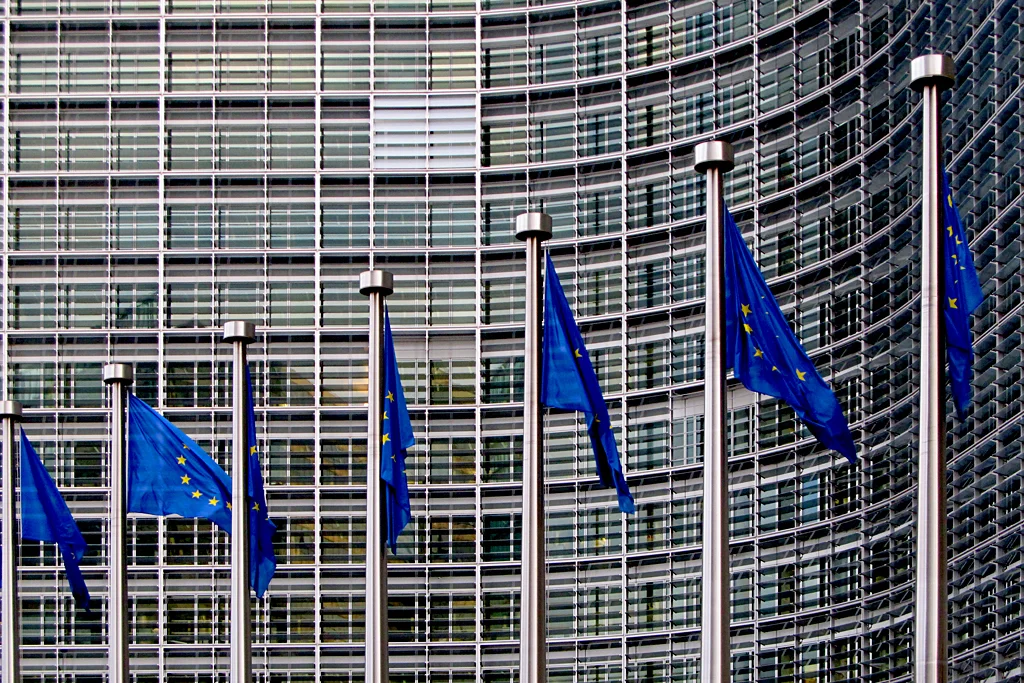
After weeks of delay, member states in the European Council have reached an agreement on the European Union’s (EU) Corporate Sustainability Due Diligence Directive (CSDDD) – the major piece of EU legislation aiming to establish a corporate due diligence duty for companies to identify, prevent, end or mitigate negative impacts of their operations on people and the environment in their own operations, their subsidiaries and their value chains.
We spoke with Lisa Ventura, Public Affairs Manager at Better Cotton, to understand what happened and how it will impact the cotton sector.
Why were there delays in approving this legislation?


First, it is important to highlight that such a directive comes after years of negotiations between EU bodies, including member states in the council, civil society and other key stakeholders. After a preliminary agreement was reached last December, all stakeholders assumed the rest would be straightforward.
However, in January, Germany announced that it would no longer support the directive. Then other member states such as France and Italy requested changes and no longer showed a strong commitment to the previously agreed deal. For this reason, the process was delayed to allow for revisions of the text before it regained enough support from member states and the EU at large.
After some significant concessions in the text, the EU member states in the European Council finally reached an agreement on March 15, 2024.
How much has the legislation changed from the original draft and what does this mean?
The main change in the latest version of the legislation is the scope of the companies covered by the directive. The latest version raises the employee threshold from 500 to 1000 and the turnover threshold from €150 million to €450 million, which means only a third of companies are now covered by the law compared to what was initially proposed.
The rules will still apply to both EU and non-EU companies and parent companies. There were also amendments related to civil liability, giving Member States greater flexibility on how rights can be enforced.
Despite the revisions, which came as a disappointment to civil society at large, this is still a step forward in the promotion of corporate sustainability and responsible business conduct.
When will the legislation be seen by the European Parliament, and how soon could it come into effect?
Now that an agreement has been reached in the council and at the parliament’s legal affairs committee, the revised CSDDD will be submitted to a final vote in plenary around April.
Should it be adopted and come into force then, Member States will have two years to transpose it into national law.
Due to one of the recent changes in the directive, there will be a staged approach to the implementation depending on the size of the company. We can then expect the directive to be implemented by 2027 for the largest companies, and by 2029 for smaller companies.
How could it affect the cotton sector?
Despite the revisions, this legislation still represents significant progress for community rights around the world, including those of farmers and farm workers. Businesses will have to address human rights risks in their operations and value chains.
One of the concessions in the latest version of the directive removed the proposal to reduce the threshold for companies in high-impact sectors, including textiles and agriculture. This means that it has now lowered its ambitions and fewer companies from those sectors will have to address their impact on the environment and human rights. This means the cotton sector’s transition will be slower.
Nevertheless, at Better Cotton, we welcome the adoption of this directive and hope its implementation will drive improvements within textile supply chains, in addition to meaningfully supporting sustainable livelihoods for communities around the world.







































